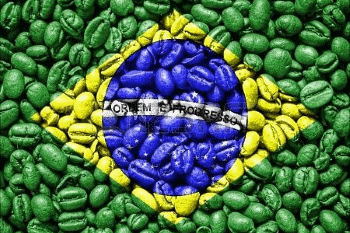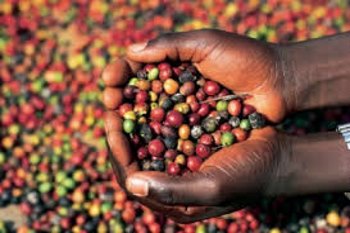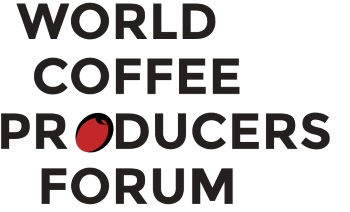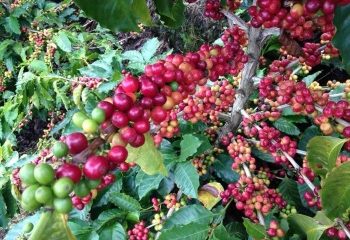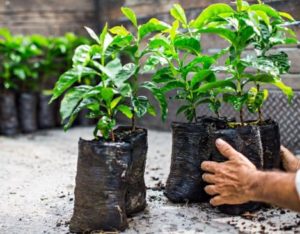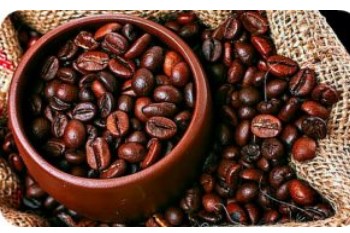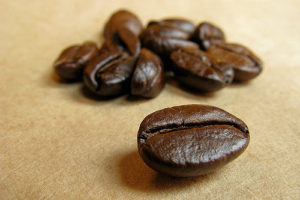Conab, Brazil’s official crop bureau, downgraded by 790,000 bags to 44.77m bags its estimate for the country’s 2017 coffee harvest. This is due to damage caused by beetle pests and weather conditions on the arabica crop. On the other hand, robusta crop estimate saw an increase of 568,000 bags to 10.71 m bags. However, this still represents the second weakest result
Brazil Cuts Coffee Harvest Estimate
